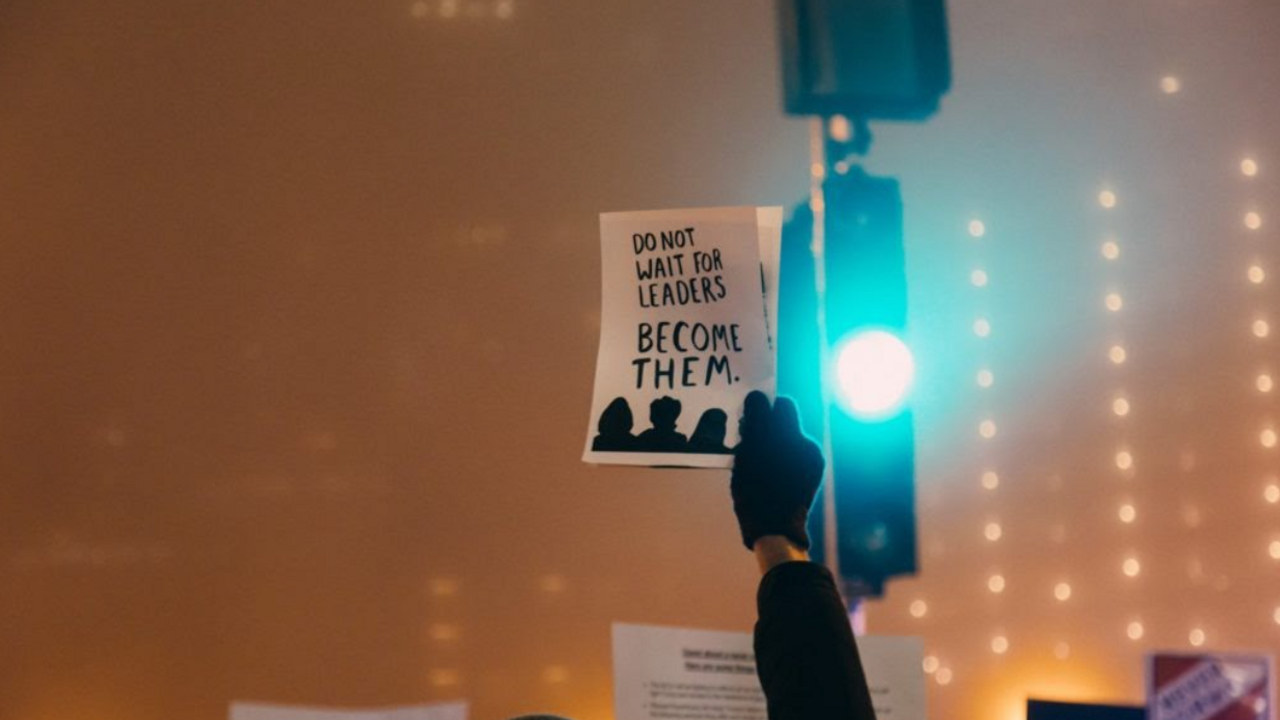
A few days ago, I was having a conversation with my brother. And I totally mispronounced, ‘pneumonia.’ He said, “Huh, what are you saying? Oh, you mean nuh·mow·nyuh.”
This whole time, my brain had always seen a ph in front so added an h sound.
Initially, I felt my ears get warm from embarrassment. And defensive. Once I felt those physical sensations, I took a breath and asked, “So how do you pronounce it?”
This simple exchange shows how we don’t like to be corrected even when we’re wrong. Here, it was the pronunciation of a word.
What other things are we to unlearn? Beliefs that we’ve held onto so long? As an individual? As a country?
All humans are created equal – a founding tenet of this country.
Yet, how does this show up in our own lives?
Part of my inner work journey has been to unlearn my patterns of being when it came to exhaustion and stress in the nonprofit world. And part of my journey has also been about unlearning my own racial biases.
I grew up in Tennessee. In elementary school, I often was the only non-white and non-black kid in the school – the indian kid.
There was a dichotomy in my life as weekdays were spent at school surrounded by blacks and whites, and weekends were spent with my indian community. Even my closet was split between my ‘american’ clothes and my indian clothes.
But one thing I couldn’t name then but I came to know as an adult is that there was an anti-blackness within my community.
It showed up in colorism – ‘don’t let your skin get too dark.’
It showed up with my ignorance of slavery and its crucial role in this country’s history as it was literally just a paragraph in my history book (I grew up in a time before the internet).
It showed up at dinner parties with the adults saying ‘why can’t they do better? We’ve done fine in this country as immigrants.’ We didn’t appreciate how the civil rights movement led the way to us even being allowed in the U.S.
There was a complete lack of awareness about systemic racism.
In college, I started learning and unlearning. Taking history classes, reading books by Black authors, and volunteering.
When I started my inner work, it became truly operationalized in my awareness of how I move in this world and my interactions with others.
This journey is about getting deep within ourselves by listening to our thoughts and noticing our physical sensations.
As a leader, how do I respond when I receive feedback? How do I react when someone questions my decisions? Does my reaction shift depending on the speaker?
This inner work is not just so we can show up better for ourselves but also to deepen our learning about how we’re showing up with our loved ones, teams, and the community at large.
To notice our blind spots.
To take actions that are aligned with our values within our organizations.
It starts with recognizing our own biases and not getting defensive. This is not the time to start justifying ourselves for past actions – instead choose to do better.
This is a lifelong journey.
My invitation to you this week is to be ok with being uncomfortable.
“Like fighting an addiction, being an antiracist requires persistent self-awareness, constant self-criticism, and regular self-examination.” – Ibram X. Kendi
I hope this serves you.
My usual send-off is until next time, as always, be gentle & kind to yourself. But not this week, instead, be tough with yourselves. Ask the difficult questions and sit with the discomfort.
Shalini
P.S. Here’s a resource to deepen our anti-racism work – http://bit.ly/ANTIRACISMRESOURCES. It starts with us.

